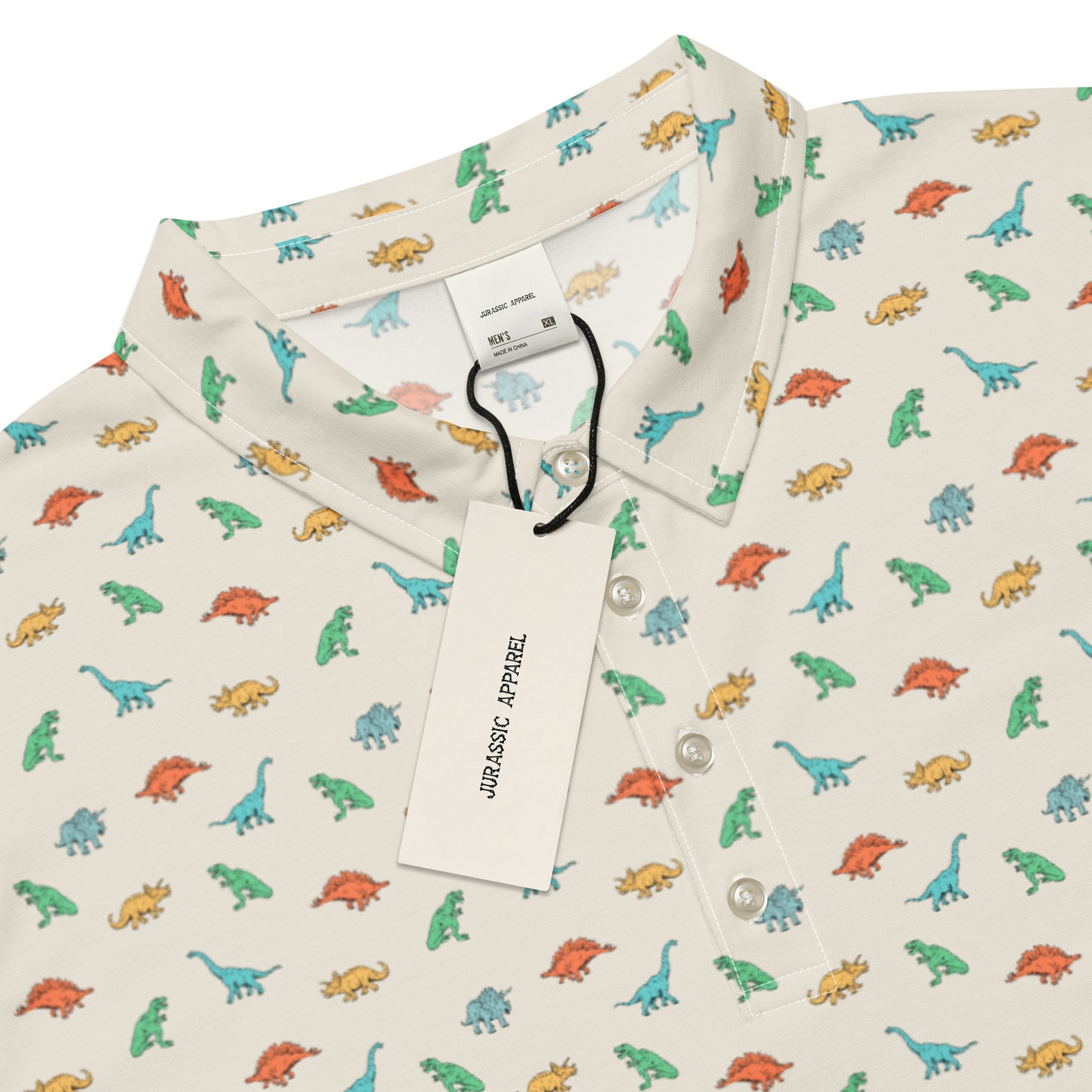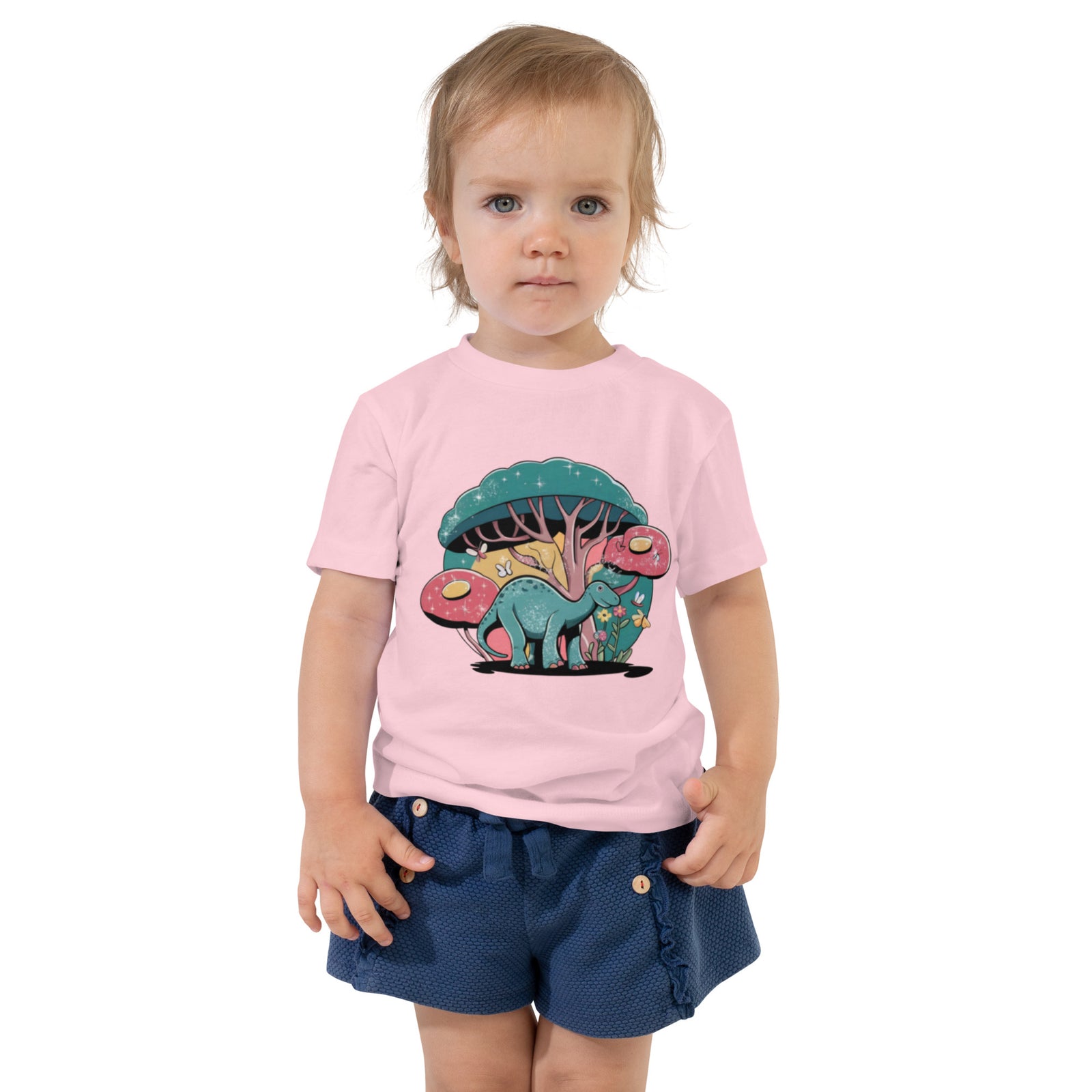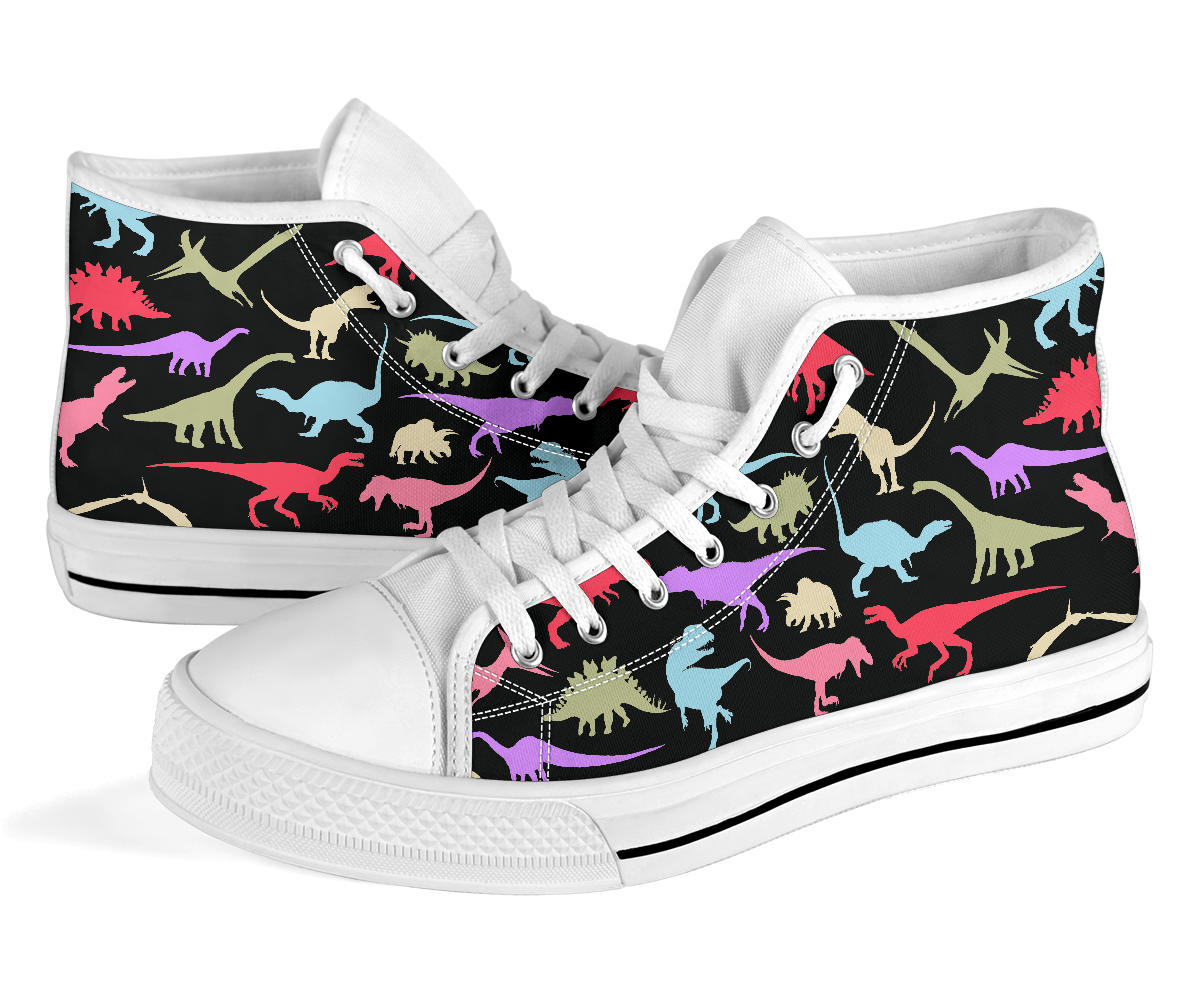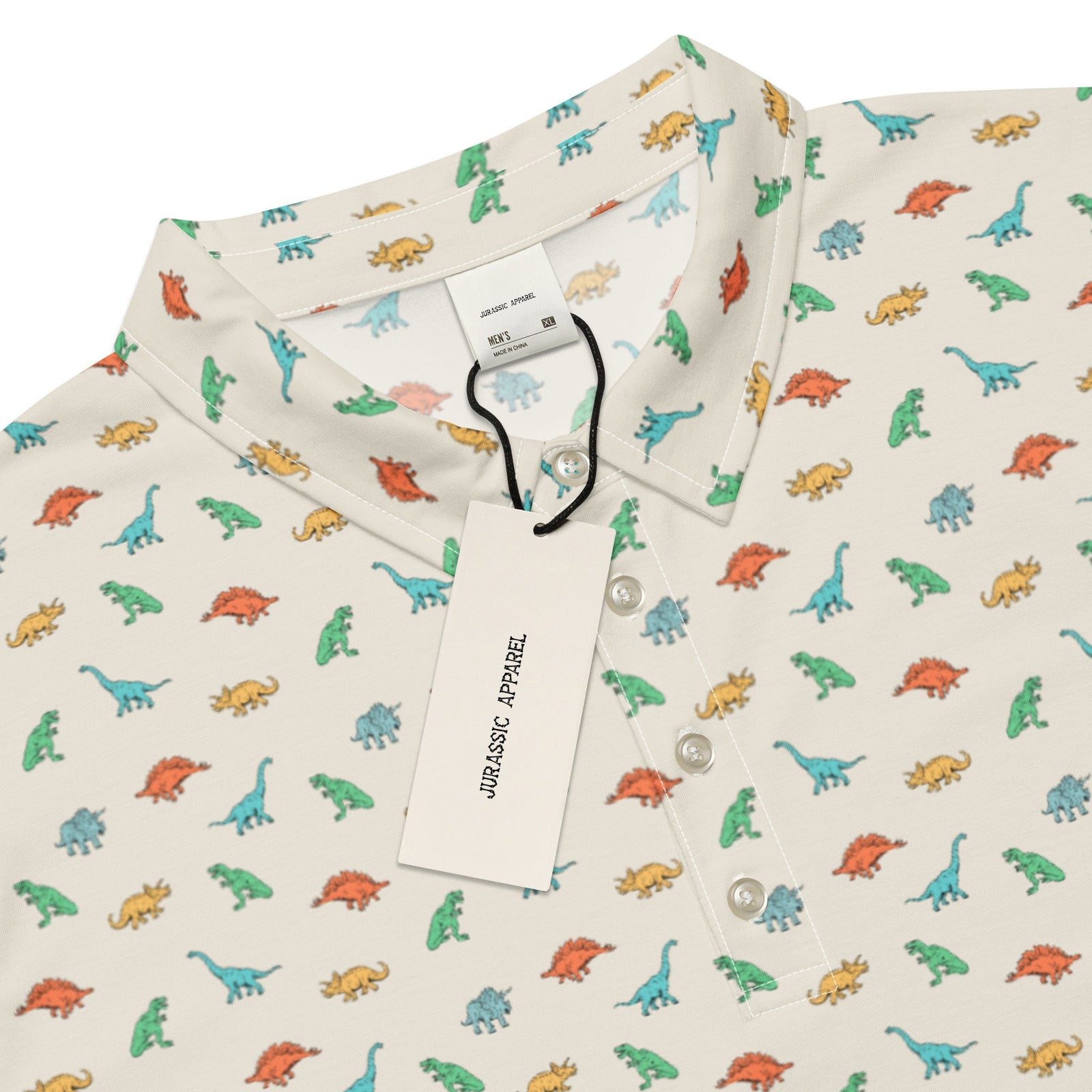Free Shipping On Orders over $75
Free Shipping On Orders over $75
Women's
Men's
Kids
Baby/Toddler
Accessories
Brachylopho-saurus
July 26, 2024 2 min read

(AI Interpretation)
Brachylophosaurus: A Marvel of the Mesozoic Era
Dinosaur Facts:
- Dinosaur Type: Ornithopod
- Period: Late Cretaceous
- Diet: Herbivore
- Length: Approximately 26-30 feet (8-9 meters)
- Height: About 10 feet (3 meters) at the hips
- Weight: Estimated 3-5 tons
- Notable Features: Distinctive crest on its head, sturdy limbs
Brachylophosaurus for Kids
Meet Brachylophosaurus!
Brachylophosaurus is a fascinating dinosaur known for its unique head crest. As one of the many herbivorous dinosaurs, it has been a subject of interest for both paleontologists and dinosaur enthusiasts alike.
What did Brachylophosaurus look like?
Brachylophosaurus had a robust body with strong limbs and a distinctive flat, broad crest atop its head. This crest is thought to have played a role in display and communication.
What did Brachylophosaurus eat?
As a herbivore, Brachylophosaurus primarily fed on plants such as ferns, cycads, and other low-lying vegetation found in its lush, prehistoric environment.
In-Depth Look at the Brachylophosaurus
Anatomy and Physical Features
Brachylophosaurus stood on two strong legs and had short arms, typical of ornithopods. Its notable head crest is one of the features that distinguishes it from other similar species. Research suggests that this crest may have been used for display during mating rituals.
Behavior and Habitat
These dinosaurs thrived in the warm, humid climate of the Late Cretaceous period. Fossils have been found primarily in North America, suggesting they inhabited flourishing floodplains and forested areas, rich in the vegetation they depended upon for food.
Scientific Discovery and Research
Discovered in the mid-20th century, Brachylophosaurus has been the subject of numerous studies. Fossil evidence continues to stimulate debate regarding its classification within the dinosaur family tree. The documentation of its anatomy helps scientists better understand the evolution of herbivorous dinosaurs.
Social Behavior and Feeding Techniques
Brachylophosaurus is believed to have been a social animal, possibly living in herds for protection from predators. Its diet and anatomy suggest it was well-adapted to grazing, utilizing its crested head to reach for vegetation that many other dinosaurs couldn't.
Brachylophosaurus in Popular Culture
Though not as famous as T. rex or Triceratops, Brachylophosaurus has made appearances in documentaries and children's literature. It represents the diversity of dinosaur life, showcasing the unique adaptations of herbivorous species.
Ongoing Research and Discoveries
New discoveries and advancements in technology are continually shedding light on Brachylophosaurus's ecology and behavior. Researchers are eager to unlock more secrets surrounding its life, including its reproductive habits and interactions with other species.
Conclusion
Brachylophosaurus is a captivating example of the complexities of the dinosaur kingdom. Its unique physiology and behavior enrich our understanding of prehistoric life and illustrate the incredible diversity that existed millions of years ago. As ongoing research continues to unveil new findings, we can look forward to even more exciting revelations in the world of paleontology.












